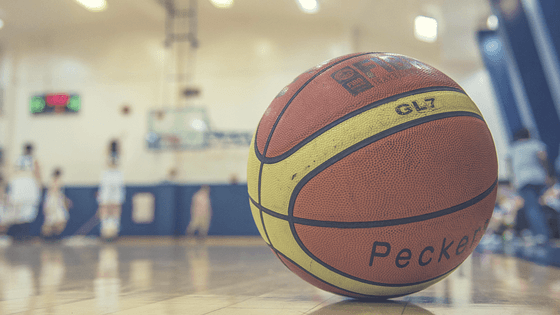Educating young basketball players and sharing your knowledge of the sport is a mutually beneficial practice that can go a long way in the success of youths. Especially true for beginners with no prior experience, basketball players have a wide range of opportunities, and finding the right coach to mold their skills is essential for growth and development.
Teaching new basketball players is no easy task. Because they may have never played the sport before, you as a coach will have to start at as slow and as basic as possible. To start, come up with a lesson plan. Decide which fundamental basketball skills you would like to teach and make sure the necessary time is allotted for each. Drills involving footwork, shooting, dribbling in place or while moving, passing, and defensive stances are all basic skills that are great (and essential) for new players.
With time management being an important part of coaching, having your objectives set beforehand is an important consideration as well. Decide how much time you think it will take for your students to develop basic execution of the skills mentioned above (dribbling, shooting, etc.). Managing your time well as a coach will translate to better lessons for your athletes.
Be sure to teach according to age. For example, coaching young athletes still in elementary school will differ greatly from coaching high school athletes. The way these players learn will surely differ as well. Older athletes will most likely pick up skills much faster than younger ones, whereas the younger athletes may require much repetition before picking up the basic skills necessary to excel in the sport.
Allow for socialization among players. A big part of learning a new sport is learning to effectively play with fellow athletes. Practice sessions could benefit great from 10 minutes or so of free time, in which players can choose to shoot around, practice drills with teammates, or simply talk. Basketball is a social sport. Depriving players the social aspect during practice would be foolish.
Always remember to be patient. Like beginners in any sport or hobby, it will take time before progress starts to show. Understand that impatience and anger will only result in a lack of effort on the players’ parts. Practice patience, and allow for mistakes to happen.
Lastly, make sure these beginner athletes are enjoying themselves. Sports are, after all, meant to be played for fun. Making an effort to actively engage with these players in a manner that they can relate to will help in both their experiences as well as yours. Beginners are much more eager to learn with a coach who is enthusiastic about what he or she does.
